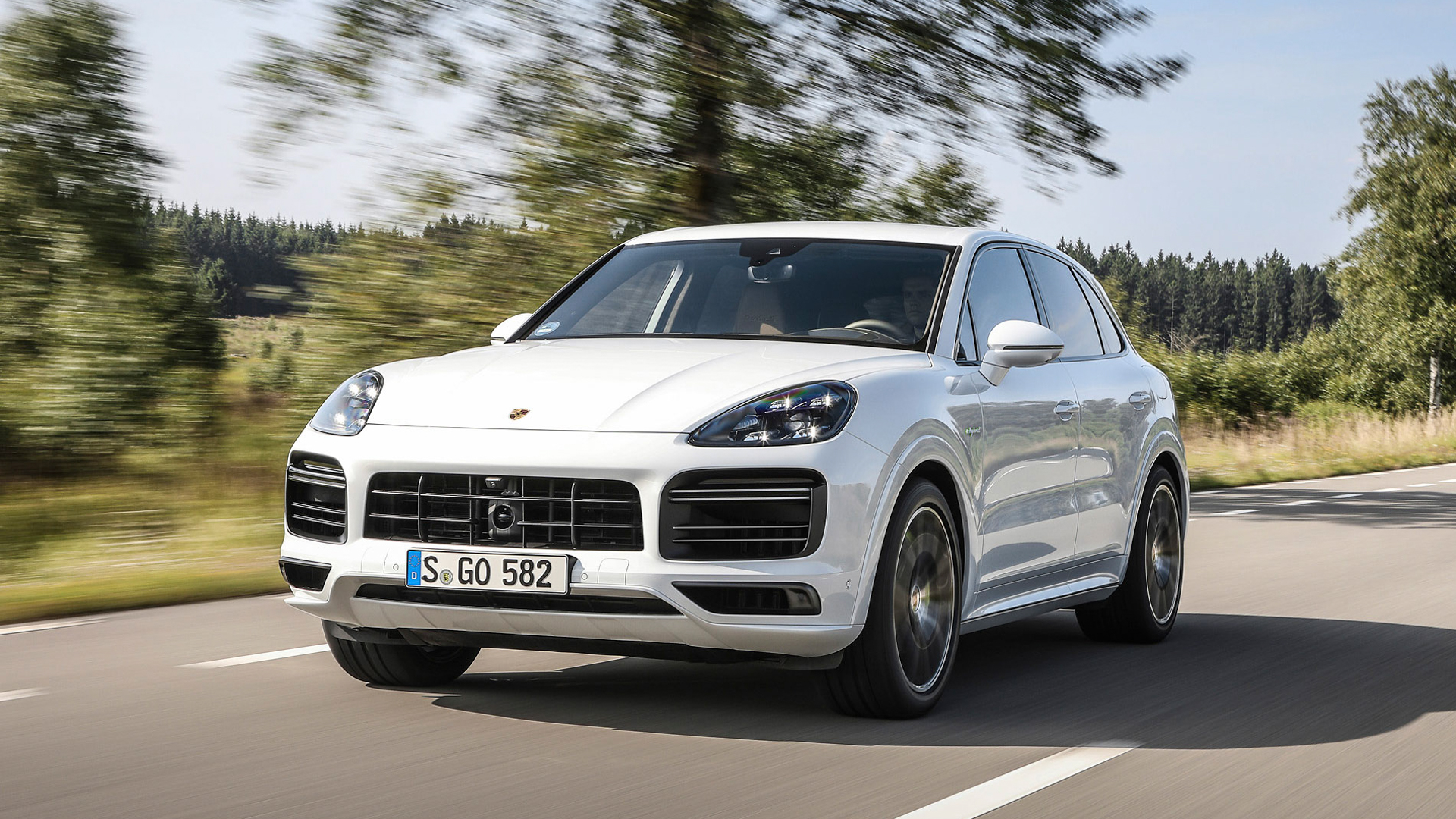

Porsche’s plans to electrify its lineup aren’t a secret. Like most automakers, Porsche needs to start stuffing batteries into its cars if it wants to meet strict European emissions laws. By 2030, Porsche wants 80% of its vehicle deliveries to be electric and a huge part of that plan is the upcoming electric Cayenne, which is set to debut before the end of the decade.
The first of Porsche’s existing lineup to make the switch is the Macan, which will be entirely electric by 2024. After the Macan, the 718 will be the next domino to fall, likely launching both an electric Boxster and Cayman. Porsche is also working on a flagship, seven-seat electric SUV—currently codenamed K1—which will also launch sometime after 2026. Lastly, Porsche will electrify the fourth-generation Cayenne SUV by 2030, rounding out its electric SUV lineup.
After the K1 becomes a reality and the Cayenne, Macan, Boxster, and Cayman all become electrified, that only leaves two piston-powered Porsches—the 911 and Panamera. However, Porsche is already said to be working on an electric Panamera, alongside the next-generation Taycan, to compete with big EV sedans like the Mercedes EQS, BMW i7, and Lucid Air. That leaves the 911 as the only gas-powered Porsche standing.

Although, Porsche could be working on a hybrid 911 for the next generation. Last week, there was a report that claimed Porsche was making a hybrid 911 GT2 RS for this generation, simply as a way to unlock the car’s ultimate performance potential. Porsche hasn’t officially confirmed a hybrid GT2 RS just yet but if it does happen, and it’s a success, that could lead to more hybrid 911s in the future. However, Porsche CEO Oliver Blume has said in the past that the 911 will never be fully electric.
Porsche’s plan is to make 80% of new vehicle deliveries electric—as well as become net carbon neutral—by 2030, which clearly leaves room for internal combustion 911s. Part of its plan for net carbon neutrality is its e-fuels factory in Chile which, according to Blume, demonstrates “that e-fuels can be produced on an industrial scale.”
We don’t know what will happen with Porsche’s e-fuel, if it’s a viable solution for carbon neutral internal combustion, or if it can be successfully distributed to the masses. However, by 2030, almost every Porsche product will be electric and the upcoming Cayenne EV will complete its lineup of electric SUVs.
Got tips? Send ’em to tips@thedrive.com